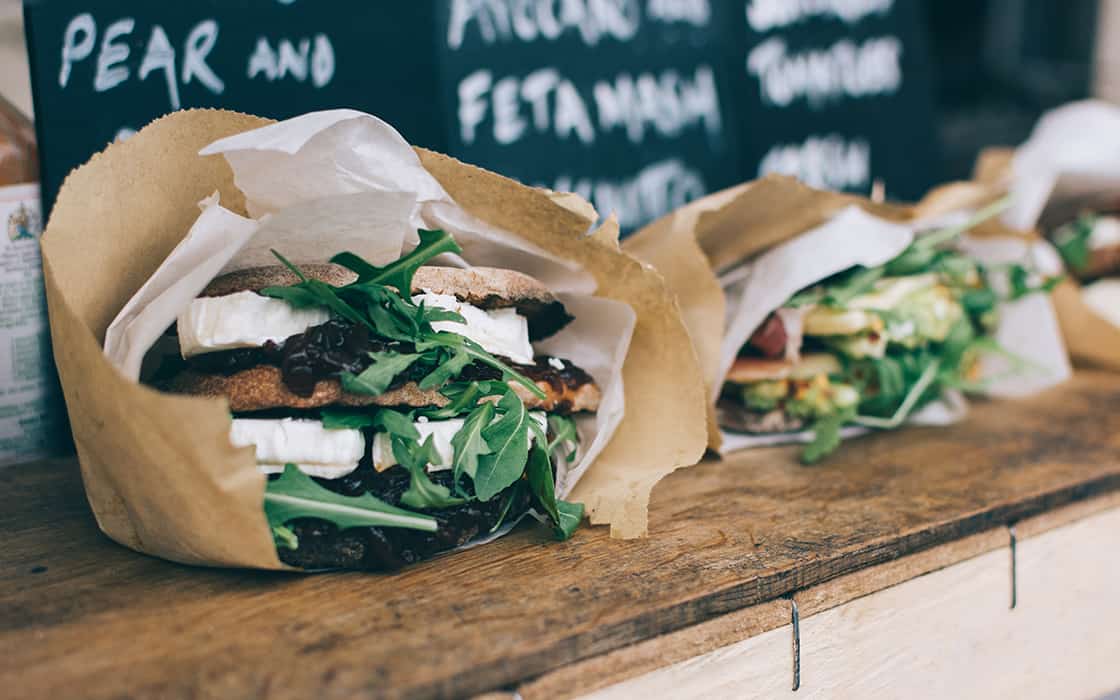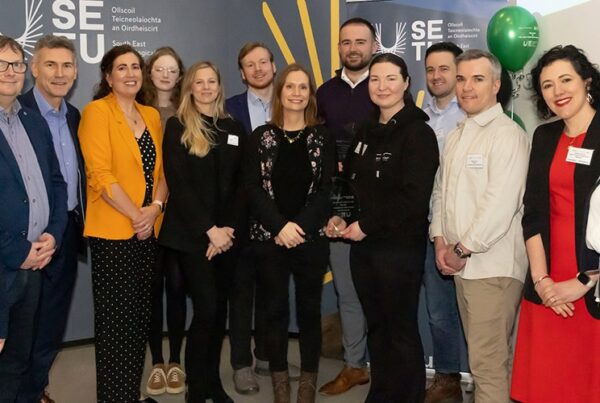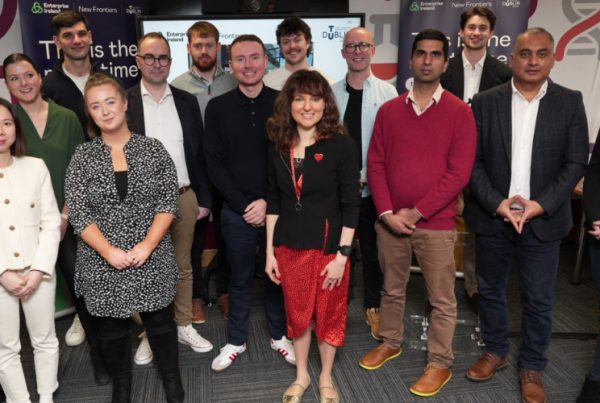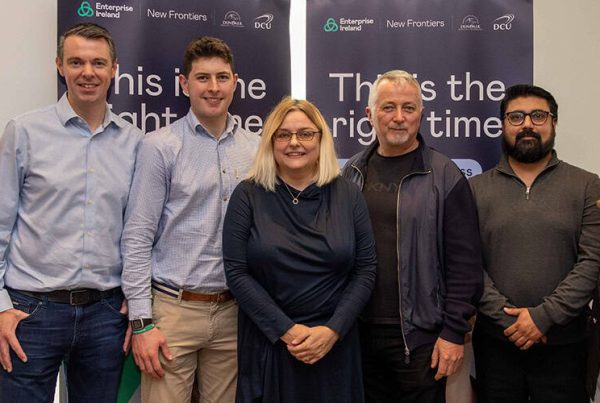
Understanding and using trends to develop sound business opportunities can be a complex area. In the food sector, for example, there are numerous macro and micro trend reports published every year, but what does a start-up food company really need to consider, when determining whether an idea is actually commercially viable?
Trends can mean different things to different people. It’s a much bandied about term, mainly used to describe things that are currently popular or that are predicted to become popular. Essentially, broad shifts in consumer behaviours, attitudes and values drive changes which become identifiable, marketable trends.
Typically, trends are (or should be) the starting point for a good business idea. A way of quickly and inexpensively road-testing your idea is to assess it against the key trend indicators for your sector. Your idea should meet a clear and defined need, solve a problem and align with at least one trend.
The 7 real trends shaping the food industry
Without fail, at the start of every year, a deluge of lists emanates from a myriad of sources, telling us what we ate last year, what we will be eating this year and, of course, what we should be eating. These lists are fun to read, but are linked in many ways to what is being sold by the source, whether it is a data house looking to sell more reports; food delivery companies promoting their businesses; or chefs/food gurus/influencers looking to build their profile.
The question is, how can you discern the wheat from the chaff? What’s a real trend versus a fun fad? It’s clear that a focus on health, community and the environment have taken centre stage of late in the food sector, along with a keen focus on “management of self” in a frantic, always-on, digital era.
Below is my take (please note, far from exhaustive!) on some key trends that a food start-up needs to consider before taking the plunge, along with a few examples of products that meet the trend test.
Food industry trend #1: Changing Meal Patterns
What some commentators describe as the “Fourth Meal”, this trend reflects the growing fragmentation of eating occasions. In our topsy-turvy and less structured world, with mobile and flexible working becoming the norm, breakfast has morphed into lunch and snacks have become mini-meals. Also, the final meal of the day is often a treat more than sustenance, which brings its own challenges. Products such as nutritional bars – a substantial and relatively healthy snack – have been trailblazers in this trend, with Fulfil at the forefront (followed by a long tail of competitors).

Food industry trend #2: Health is Wealth
Food & Beverage products in the health space cover a vast spectrum of interest areas and preferences, including disease prevention and holistic well-being all the way through to practical health management tools. Products that claim to aid sleep are a new phenomenon as people find it increasingly difficult to unwind, digitally detox and prepare for rest in the evening. Hot beverage brands such as House of Tea have capitalised on this trend by promoting the features and benefits of variants such as their “Sleep Well” product which has very specific (relaxing) ingredients.
Food industry trend #3: Nutritional Nurturing
It can be very difficult to communicate positive health messages to children that aren’t boring for them and at times it feels that a constant battle is being waged against sugar, which the parent is doomed to lose. I have therefore been eagerly awaiting the arrival of newly launched Hidden Heroes in my nearest Dunnes, and am hoping that my young son will no longer refer to vegetables as the “emeny”. The brainchild of Aileen Cox Blundell, these are junk-free vegetable snacks with 100% natural ingredients which tick all the boxes. Convenient (frozen), guilt-free (quality product) and with a razor focus on a child’s nutritional needs.
Food industry trend #4: Real People, Real Food
The artisan movement is no longer niche and there is huge interest now in knowing where your products come from and who has made them. On social media platforms, posts relating to product provenance generate strong engagement and empathy and add significantly to the user experience. Earlier this year, a small company in the west of Ireland garnered huge publicity following an appearance on a business makeover programme. Aran Islands Seaweed Pesto, an authentic product produced by likeable, relatable people, charmed the public as their journey from idea to product on a plate was shared. Catnip for Millennials.

Food industry trend #5: Kits are King
Meal kits are one of the fastest-growing segments in the market and have extended in all sorts of directions. Not just focused on meals any more, there are now kits for bread, cakes, biscuits, condiments, cheese and even beer. My absolute favourite is the recently launched Gin Fusion Kit from the Dublin company Drink Botanicals, which aims to enhance the gin experience. Interestingly, in the US, Amazon has introduced a new range of meal kits in Wholefoods, which link with Alexa-enabled devices to provide recipes and cooking instructions – appealing to gadget lovers who also seek convenience.
Food industry trend #6: Plant Protection
Interest in plant-based proteins is at an all-time high. Even children in their early teens (and sometimes younger) are choosing to follow meat-free diets. My own locality of Stoneybatter on Dublin’s north side could well be a candidate for vegan capital of Ireland (three vegan restaurants opening in the last few months). And it is becoming mainstream. California-based vegetarian burger company Beyond Meat has been the best-performing public offering in the US this year, currently holding a market capitalisation of $11.2bn, above Macy’s and Trip Advisor. Definitely not niche.
Food industry trend #7: Green Me
Now more than ever, there is a strong and growing sense of personal responsibility to effect positive changes and address the world’s increasingly pressing and worrying environmental issues. Reducing usage of packaging (especially plastics), commitments to green causes, effective management of food waste – consumers now demand and expect that food (and other) businesses will take their concerns more seriously. There are many great examples here however I particularly like Insomnia’s Mission Compostable campaign, which aims to replace all single-use items with either reusable or compostable alternatives by 2020. Clear, time-bound and accountable.
When you are sure your service or product meets at least one clearly identified trend, the first and most pertinent piece of advice you will receive on New Frontiers and elsewhere is to validate it. Be aware that research can be maddening! Just when you are sure your proposition is fully birthed and ready for launch, someone will throw a curveball. When this happens, take a deep breath. Embrace the feedback. Make any necessary changes, taking advantage of the many resources that are available. And above all, enjoy the experience, as I did.
About the author
 Orla Donohoe
Orla Donohoe
Orla Donohoe is a trends analyst, food sector advisor, content writer, and New Frontiers alumna. With a background in international business development, and a career spanning over 20 years in market and client facing roles in Bord Bia’s Dublin, London and Madrid offices, Orla has an immense knowledge of the food sector. Orla’s long experience in analysing trends and advising start-ups led her to the New Frontiers programme with her own business idea in 2018.
Orla is currently involved with a number of start-ups within the food and technology sectors. She blogs on her website, My Food Trends, and has recently analysed trends such as the rise of veganism, the popularity of street food and sustainability initiatives. Orla’s technology interests include content development and assessing new market opportunities for IoT solutions.
Recent articles

Founders Graduate From New Frontiers At South East Technological University – Carlow Campus

The New Frontiers Programme Connects 158 Founders With Success Stories

Raise Your Startup’s Visibility & Credibility By Entering These Competitions

Founder Perspectives: Lessons From Building Businesses In Sustainability

Tech Startups In The Age Of AI: Alumnus Paul Savage On Speed, Quality & Risk

Fourteen Startup Founders Graduate From Phase 2 Of New Frontiers In Tallaght

Eleven Founders Graduate From New Frontiers In The Border Mid-East Region

 Orla Donohoe
Orla Donohoe
